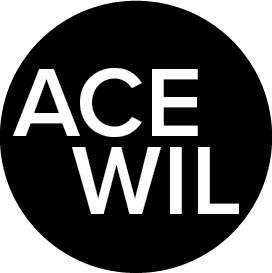Keynote Speaker
Dr. Kari Grain

Bio
Dr. Kari Grain is the author of Critical Hope (2022) and teaches in UBC’s Department of Educational Studies, where she leads the Master of Education in Adult Learning and Global Change (ALGC) Program. In her ongoing community engaged scholarship, Kari is a special research associate in Vancouver’s Downtown Eastside with SFU’s Community Engaged Research Initiative (CERi). Her research in experiential learning, adult education, anti-racism, and global/local community engagement has been featured in peer reviewed journals, books, and podcasts.
At the nucleus of Grain’s body of work is the belief that education has the potential to be a vibrant pathway toward systemic change and decolonizing practices; vital to that process of transformation is an attunement to relational, emotional, and creative ways of being in the world with others. Grain is the co-editor of a forthcoming (2024) volume on Community Engaged Research with University of Toronto Press.
Keynote
Experiential forms of education are widely known to be transformative for adult learners. Not only do students learn valuable skills that would be impossible to understand theoretically, but they also navigate risk and uncertainty, witness the real life impacts of their work, and cultivate relationships with people who possess lived expertise.
Most importantly, students who participate in these types of learning have a chance to grapple with the tremendous complexity of specific issues and how they map onto broader society. But the deeper reason educators and staff leaders are committed to experiential forms of education – can be elusive and changing. Often, it’s personal. To me, the underlying motivation for engaging in experiential pedagogies is to cultivate critical hope.
In this talk, I introduce the idea of “critical hope” (Freire, 1994; Grain, 2022) and present seven principles of critical hope as a nourishing framework for people who engage with experiential pedagogies. I illustrate examples of critical hope-in-action, drawing from various areas like neuroscience, Indigenous knowledges, poetry, anti-racism, and community activism.
Critical hope emphasizes accountability in relationships, an emphasis on equity, and active hospitality toward emotions like anger and grief. As a relational practice within the realm of education and training, critical hope is a dance – a messy, embodied entanglement between the difficult knowledge of the brokenness facing our existence, and the vibrant possibilities – including systemic change – that experiential pedagogies are ideally positioned to bring into being.
Interested in presenting?
If you are interested in presenting, the Programming committee is hard at work reviewing proposals. Learn how to submit yours now.
